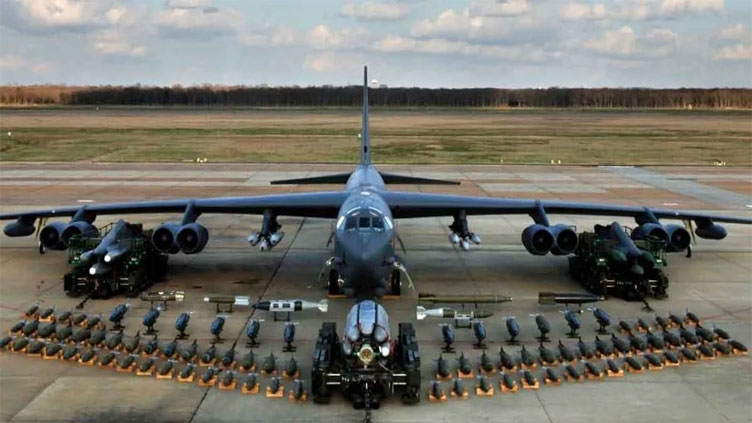By Martina Herzog and Friederike Heine, dpa
Berlin (dpa) – The impact of the Russian sanctions on the energy sector announced by the Kremlin on Wednesday are “manageable” for Germany, according to Economy Minister Robert Habeck.
He was speaking in response to Russia’s decision to impose sanctions on Gazprom Germania and other former Gazprom subsidiaries and entities connected to the state-owned gas giant.
“We have prepared ourselves for the situation and other conceivable ones,” Habeck told the Bundestag, the lower house of the German parliament, on Thursday.
Ten million cubic metres of gas less were being delivered from Russia every day, “an amount that can be compensated, and the companies are in the process of procuring the gas through other sources,” the minister said.
The wholesale price had risen by 14%, which was “in line with normal fluctuations since the war began,” he said.
However, it was necessary to monitor gas flows and prices closely.
“The concern that things can get worse is not completely unfounded,” Habeck said.
Gazprom is no longer able to do business with a total of 31 entities in the United States, Britain and the European Union, according to the decree issued by President Vladimir Putin on Wednesday.
The head of the Federal Network Agency, Klaus Müller, said the decision by Russia amounted to a “very planned, precise decree to be able to continue doing business with Germany, but no longer at the old contractual conditions.”
Existing contracts would have to be renegotiated by other entities “at higher prices, which may also be the point of the whole operation,” Müller said.
Kremlin spokesman Dmitry Peskov said on Thursday that former subsidiaries of Russian state energy company Gazprom were now “simply banned” and that other European companies would have to take over trading with Russia, according to the Interfax news agency.
Gazprom remains Germany’s largest gas supplier.
Gazprom Germania was placed under German state control in early April. It owns other important companies in the German gas industry including Wingas, which supplies municipal utilities, and gas storage operator Astora.
Concerns over Russia’s gas supply to Europe rose on Wednesday, when Ukraine said it was stopping gas from flowing through an eastern Ukrainian region mostly occupied by Russia.
According to Ukraine’s gas pipeline operator, OGTSU, the order volume for the transit of Russian gas from Ukraine to Europe, which can reach a maximum of 110 million cubic metres, stood at only 53.2 million cubic metres on Thursday.
On Tuesday, the contract volume was at 95.8 million cubic metres, according to Russian data, but on Wednesday, the gas volume fell to 72 million cubic metres following Ukraine’s closure of a pipeline through the fiercely contested region of Luhansk.

Be the first to comment on "Germany’s Habeck: Impact of Russian counter-sanctions ‘manageable’"